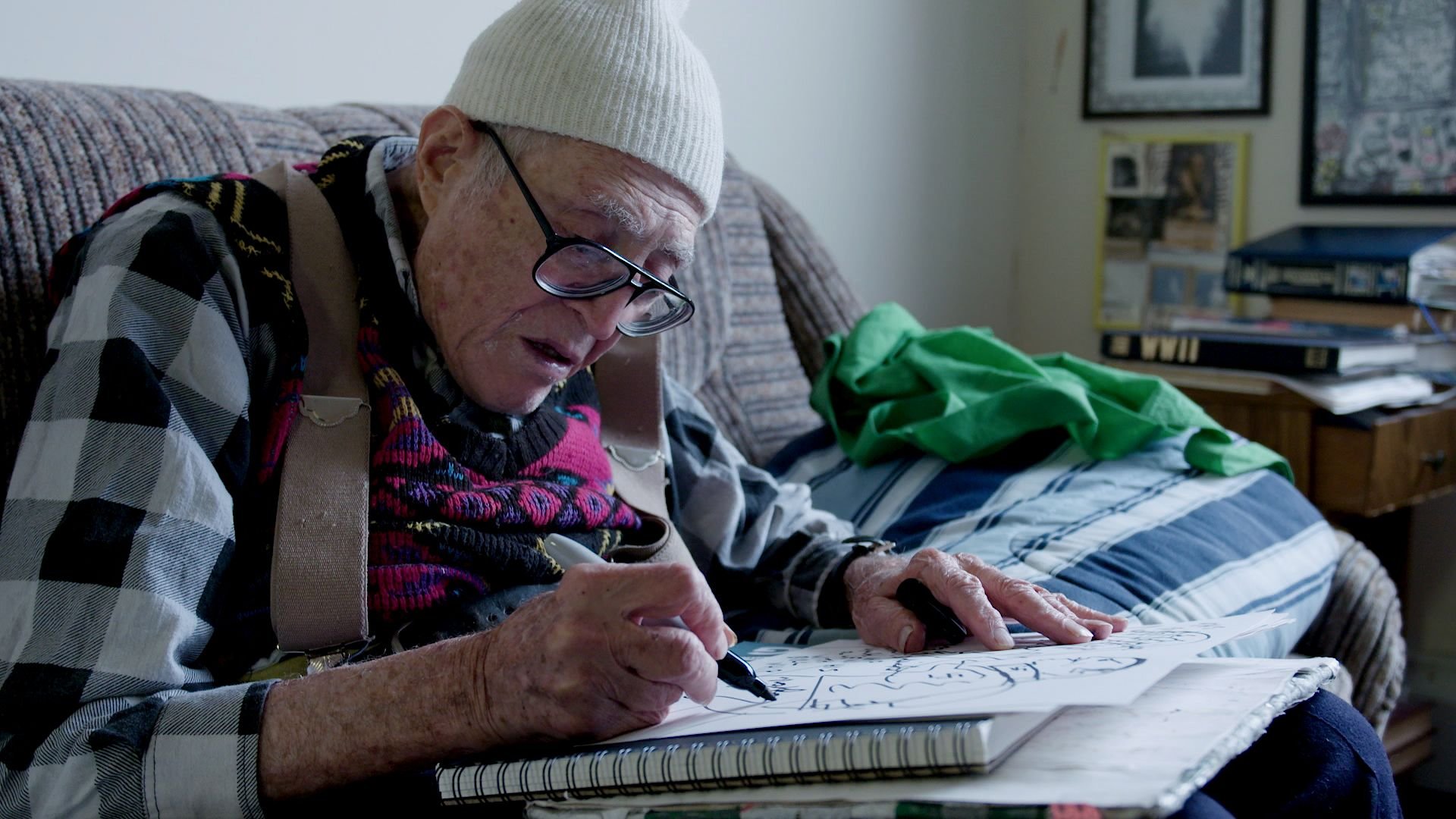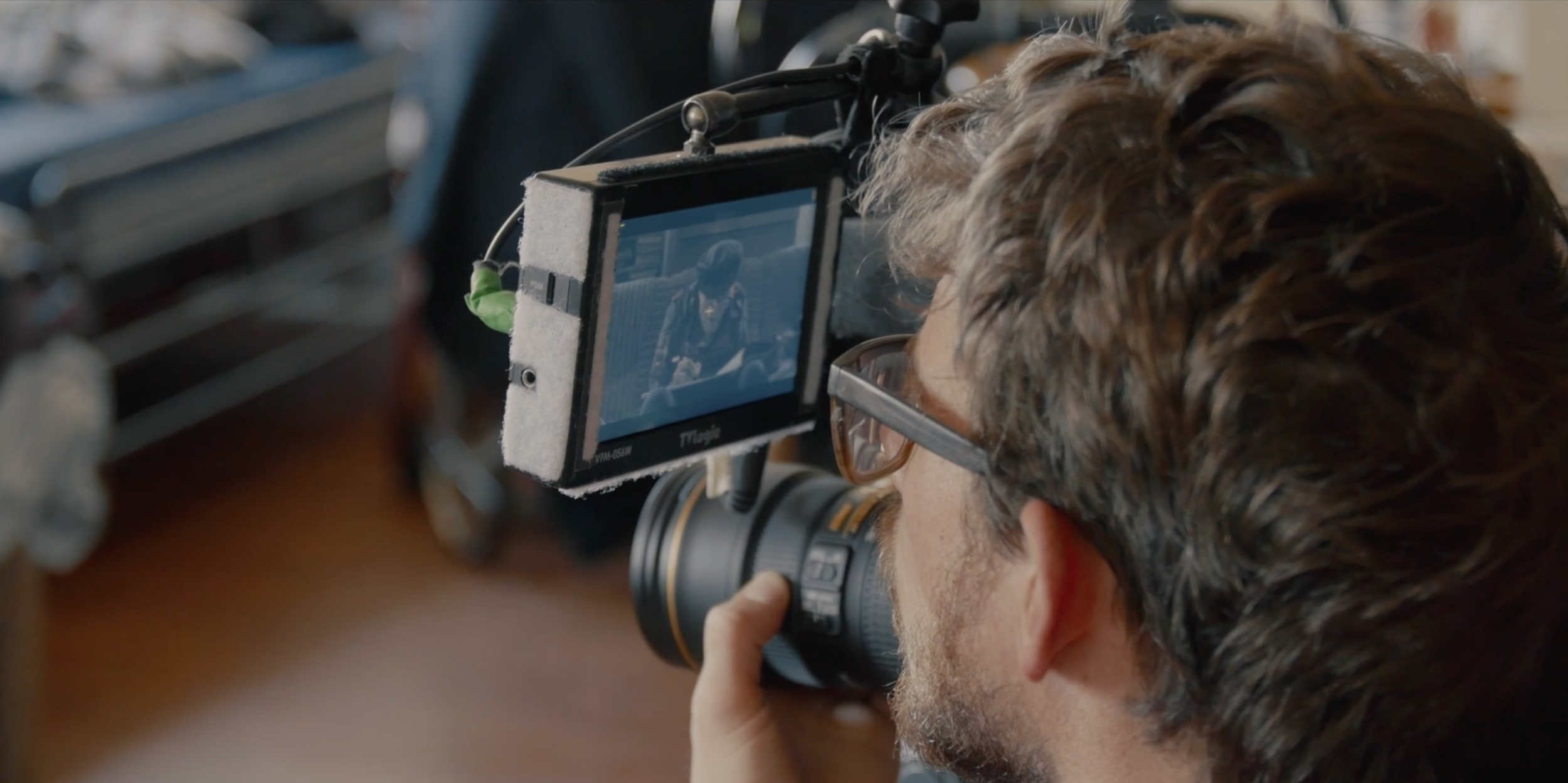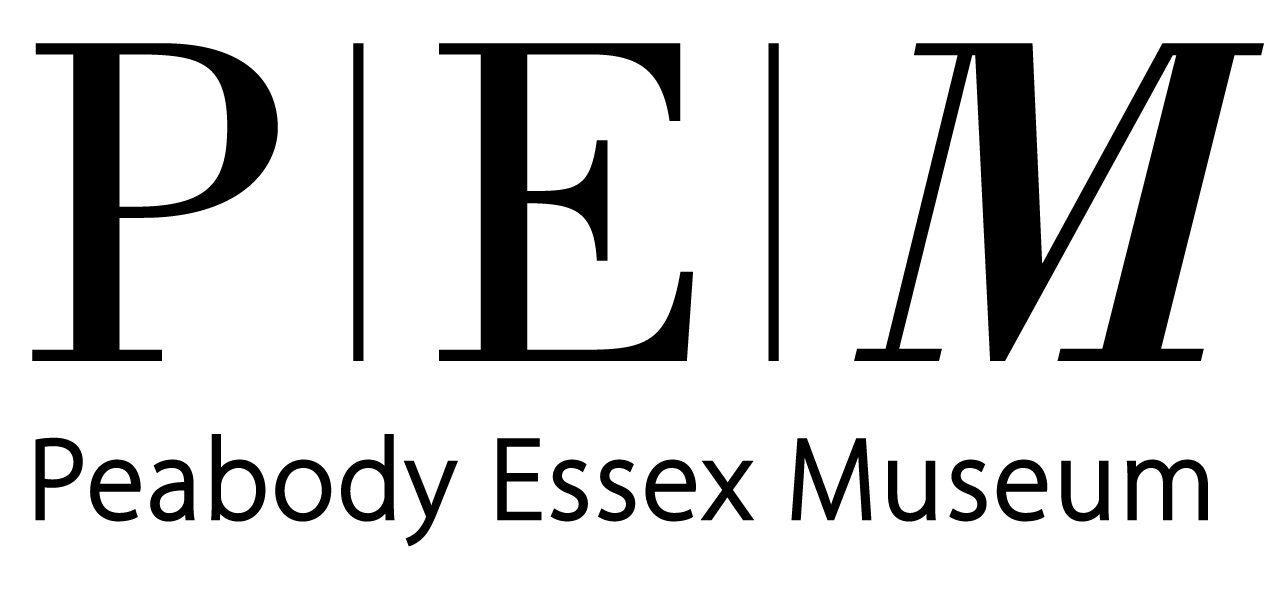SFF 2025 PROGRAM REVEAL & SPECIAL SCREENING — SOLD OUT!
Please Note: This program is SOLD OUT.
We have started a Wait List. Click the button below to sign up.
On Sunday, March 2, please join us for our 2025 Program Reveal & Special Screening, where we will offer an exclusive preview of the festival's 18th edition, featuring a showcase of film trailers and special video messages from the filmmakers behind our official selections. After a brief intermission, we will screen short film DUKAKIS: RECIPE FOR DEMOCRACY, directed by Jeff Schmidt (Programmer Emeritus), Erin Trahan (Former Jury Member), Joel Roston (Programmer), and special guests to be determined. Q&A will follow, so be sure to bring your questions!
Doors will open at 5:00pm and the program will begin at 5:30pm at Cinema Salem. Light refreshments will be generously provided by Lulu's Bakery and Pantry. Complimentary popcorn will also be provided. We will also be raffling off a 5-ticket pack to SFF 2025!
This event will sell out, so be sure to reserve your seats. Anyone who purchases a 5 or 10-ticket pack between now and March 2 will receive a promo code that can be redeemed for a complimentary ticket to the Program Reveal & Special Screening (while availability lasts and on a first-come, first-serve basis). Anyone who has already purchased a ticket pack has been sent an email with instructions on how to redeem their complimentary tickets. Thanks for supporting the fest!































